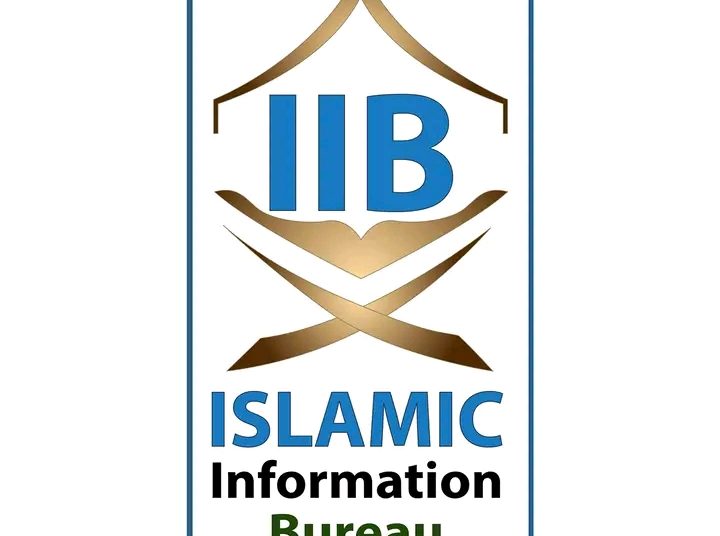The Islamic Information Bureau (IIB) says there is a need to revive the spirit of Daw’ah in Malawi. The bureau courts Ulama , Sheikhs and Muslims to take action.
In a statement issued by IIB, in 1980s , the country was a shining example of a thriving Daw’ah community with the establishment of Islamic Centres such as the Blantyre Islamic Mission (BIM) , Namanolo Islamic Centre in Balaka , and Nathenje Islamic Centre in Malawi’s capital, Lilongwe.
“However, it is quite astonishing that the Daw’ah movement, which revolutionized the Islamic community in Malawi, has seemingly vanished without a trace,”
“The Ulama and Sheikhs of the past had a passion for Daw’ah work that revitalized the faith of many Muslims in the country. Through their efforts, they provided a solid foundation for Islam in Malawi and instilled a sense of confidence and pride in the Muslim community,” says the bureau in a statement.
According to IIB, the reasons behind the disappearance of Daw’ah work in Malawi are yet to be determined.
“However, it is time for the Ulama and Sheikhs to regroup and provide guidance once more as the absence of Daw’ah continues to weaken the faith of many Muslims in Malawi,”
“We remember the Zomba Daw’ah Group, composed of Ulama and Sheikhs, who used to host two Daw’ah gatherings every month with over 20 Shaikhs eager to preach. Despite limited time and space, the group was successful in unifying the Muslim community through their Qur’an and Sunnah-based preaching,” reads a statement.
The Islamic Information Bureau says the Muslim community of today and future generations in Malawi are eagerly awaiting the revival of Daw’ah work, led by the Ulama and Sheikhs, for the benefit of all.
“It is time for the Ulama and Sheikhs to come together and provide the Qur’an and Sunnah-based Daw’ah that the Muslim community needs,”
“Let us revive the spirit of Daw’ah in Malawi and bring back the guidance and support of the Ulama and Sheikhs for the benefit of all,” reads a statement.
Daw’ah is an Arabic word which has the literal meaning of “issuing a summons,” or “making an invitation.” This term is often used to describe how Muslims teach others about the beliefs and practices of their Islamic faith.
In Islam, it is believed that the fate of each person is in Allah’s hands, so it is not the responsibility or right of individual Muslims to attempt to “convert” others to the faith. The goal of Daw’ah, then, is merely to share information, to invite others towards a better understanding of the faith. It is, of course, up to the listener to make his or her own choice.




















